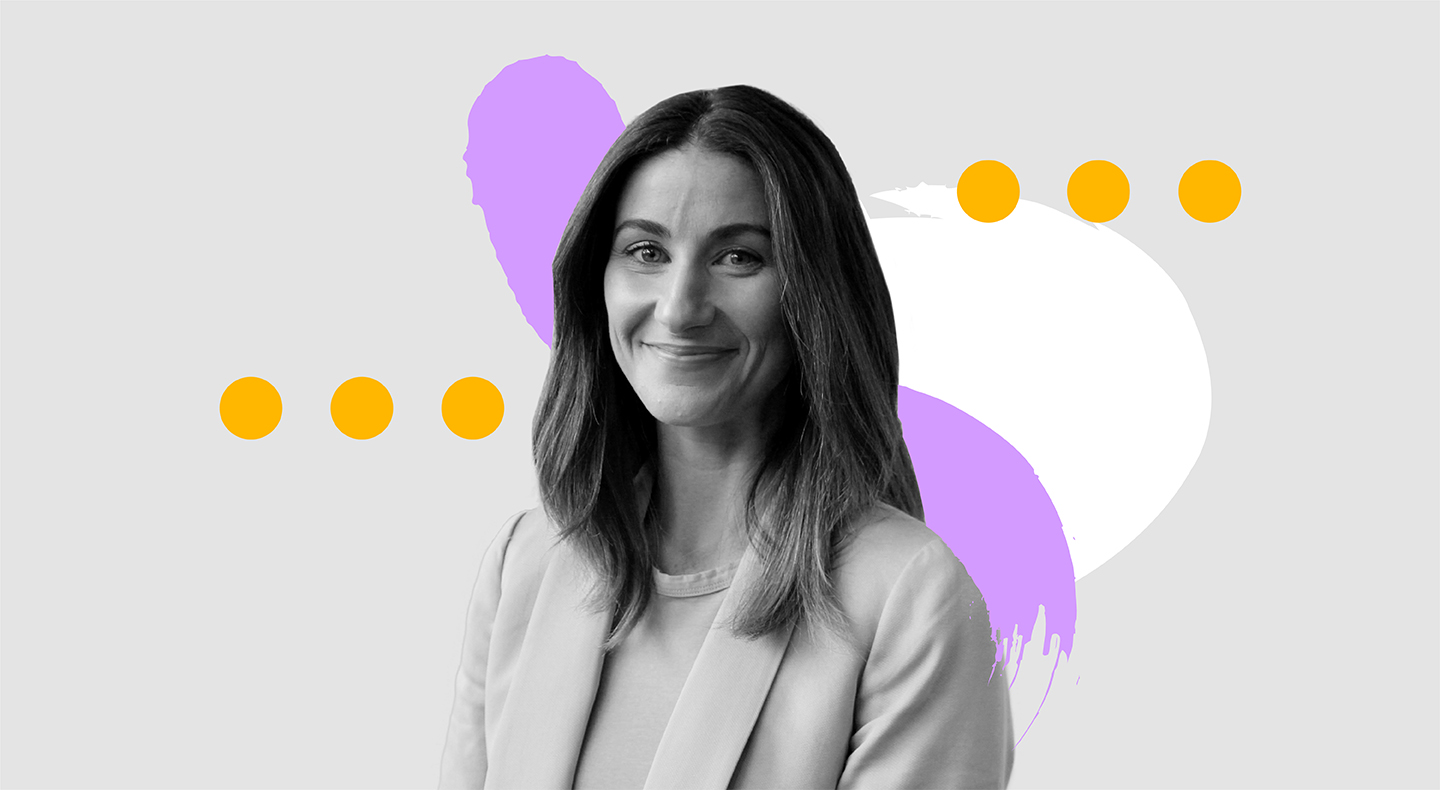The benefits of practicing mindfulness have made the rounds in recent years, but do employees and— more importantly—companies understand how to integrate the practice into workplace culture?
In the second episode of the WorkLab podcast, Dr. Clare Purvis, clinical psychologist and senior director of behavioral science at Headspace, speaks to host Elise Hu about ways to train our minds so we can fight stress, feel better, and be more effective in the office and at home. Just as we need to sleep well and exercise regularly to bolster our physical health, we should take concrete steps to support our mental health, too, Purvis says.
Purvis’s advice for individuals? Observe moments of stress without judgment and with a compassionate heart. Her advice for organizations? Make good mental health hygiene an internal priority, provide accessible services, and lead by example to erase lingering stigma. There’s a business case for that: “Retention is a huge motivator for employers to invest in mental health and wellbeing solutions,” she says.
Also in this episode: Michael Bohan, senior director of Microsoft’s Human Factors Center of Excellence, speaks with correspondent Desmond Dickerson about the science of why our brains need breaks between video meetings—and why we shouldn’t use the time to tend to other stressful work-related tasks like emails, but to stretch, go outside, or just relax.
You can follow the show on Apple Podcasts, Spotify, or wherever you get your podcasts.
Here’s a transcript of the Episode 2 conversation.
39%: Finding Quiet in the Noise
Elise Hu (Host), Clare Purvis (Guest), Michael Bohan (Guest), Desmond Dickerson (Correspondent)


